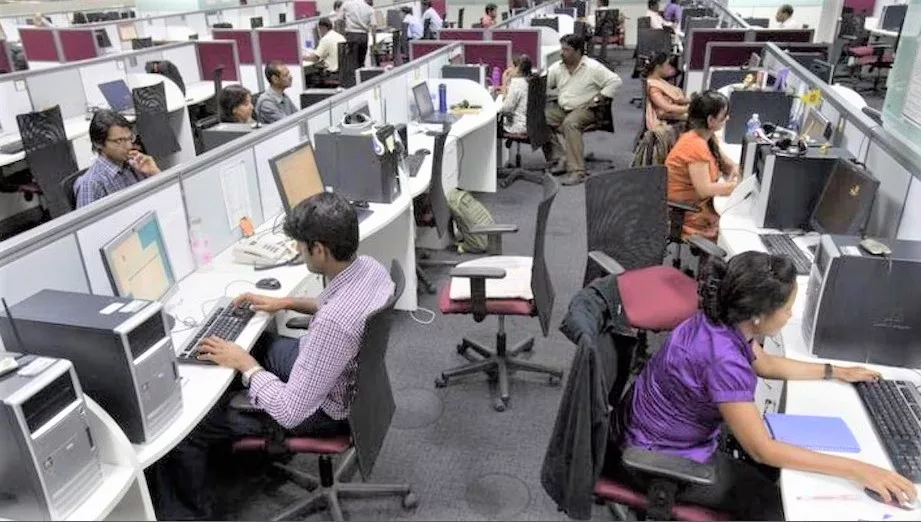Indian IT workers compelled to work 50 hours a week, reveals data

Indian IT workers compelled to work 50 hours a week, reveals data (representational Image)
By: Pune Pulse
November 21, 2023
With the constantly changing Indian IT scenario, a concerning trend has emerged: workers are clocking in between 45 and 50 hours a week on average, which is more than double the industry average.
This isn’t just a water cooler conversation, though; it’s ignited a full-fledged industry-wide conversation, with Infosys founder Narayana Murthy at the forefront advocating for a whopping 70-hour workweek.
As per further information, according to experts, workers are constantly under pressure to fulfill the looming project deadlines. The twist is that the issue may be more complex than just the longer hours. Industry insiders believe that rather than emphasizing true productivity, businesses are making fun of the fixation on hourly tracking.
A workforce that isn’t as productive can be created by combining the problems with infrastructure, long commutes, and stress from the workplace. And get this: despite a five-year spike in revenue, the productivity per rupee spent on employee remuneration has remained stagnant.
The return on investment has stabilized at between Rs 1.8 and Rs 1.9 for every rupee spent on talent costs. Yes, there appears to be a concurrent increase in people costs as evidenced by the stuck-in-a-loop ratio of people cost to revenue productivity.
According to their annual reports, the major players—TCS, Infosys, HCLTech, Wipro, TechMahindra, LTIMindtree, and Mphasis—appear to be dancing to the same tune.
The increase in per-person productivity, as indicated by the people cost to revenue ratio, is tenuous even though vast sums of money are being thrown into the digitalization, artificial intelligence and automation space.
According to a five-year compound annual growth rate (CAGR) analysis, TCS, Wipro, and HCLTech’s revenue per employee is falling precipitously, by 3.8–11%. Infosys and Tech Mahindra, on the other hand, are showing off their skills with relatively small increases of 2.6 per cent and 5.6 per cent, respectively.
The industry is calling for change as it struggles with slow growth, a lack of hiring and salary increases that are negligible. Developing a culture that prioritizes worker well-being and productivity goes beyond simply tracking hours worked.
Shreyas Vange








